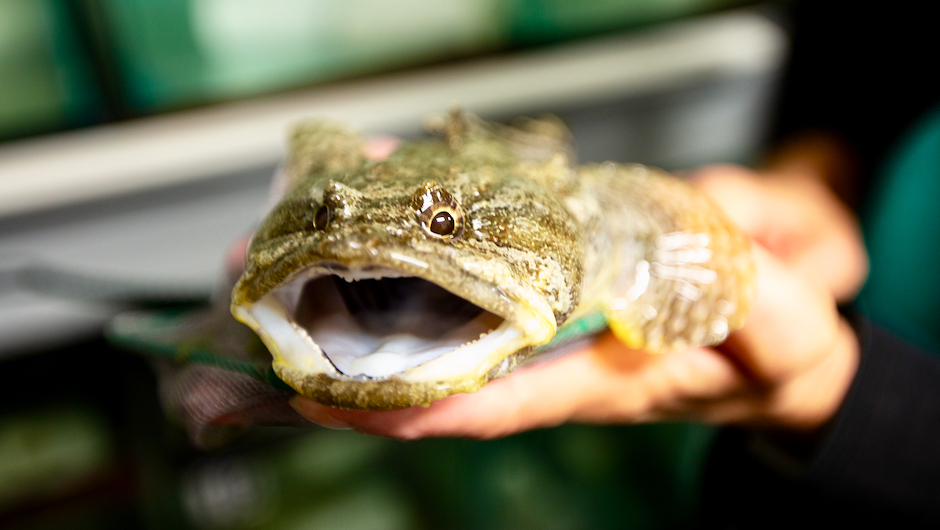MIAMI—A new study published in the Journal Environmental Pollution by researchers at the University of Miami (UM) Rosenstiel School of Marine and Atmospheric Science found that the Ultra Music Festival was likely stressful to toadfish.
An interdisciplinary team of researchers findings show that the fish experienced a significant stress response on the first day of the Ultra Music Festival in March 2019 on Virginia Key, Florida when there was elevated noise.
“The stress response was similar to what toadfish would experience when hearing bottlenose dolphins, a toadfish predator,” said the study’s co-investigator Danielle McDonald, professor of marine biology and ecology at the UM Rosenstiel School.
The researchers’ findings showed that the toadfish experienced a 4-5 fold increase in blood cortisol, their main stress hormone, during the first night of the Ultra Music Festival compared to two baseline samples taken before Ultra began.
In addition to testing cortisol levels, the research team placed recording devices to measure sound intensity in the air and underwater. Hydrophones were placed in the toadfish tanks and in the waters directly next to the Ultra stages in Bear Cut Inlet in the Historic Virginia Key Beach Park and in Lamar Lake, a shallow mangrove lagoon further north.
“Recordings revealed that the sound intensity increased by 7-9 decibels in the toadfish tanks and 2-3 decibels in the nearby waters of Bear Cut in the low frequency range where fish are the most sensitive to changes in sound pressure,” said co-investigator Claire Paris, professor of ocean sciences at the UM Rosenstiel School. “Variations in the sonic activity of marine organisms and additional noise from boat traffic may have contributed to the signal detected in Bear Cut during Ultra. In situ measurements, including long term acoustic recording, are necessary to evaluate the effect of Ultra on wild fish populations."
Prior studies have shown that “underwater noise pollution causes stress and various physiological and behavioral disruptions on communication, hearing, spawning behavior and reproduction in aquatic organisms,” said Maria Cartolano, lead postdoctoral scientist on the study.
Gulf toadfish (Opsanus beta) play an important ecological role in the local marine environment and rely heavily on sound and their hearing for reproduction, social interactions and avoiding prey. This study could not determine if the elevated cortisol levels will have any long-term effects on the fish.
“We conducted the study on the effects of the multi-day music concert due to the close proximity of the festival to our experimental hatchery and aquaculture facility,” said co-investigator Martin Grosell, professor of marine biology and ecology and Maytag Chair of Ichthyology at the UM Rosenstiel School. “It provided us an opportunity to investigate the potential impacts a large music festival of this kind can have on fish.”
The electronic music festival, held at the Miami Marine Stadium and Virginia Key Beach Park, on March 29-31, 2019 attracted over 170,000 attendees during the three-day event, one of the largest electronic music festivals in the world.
The study, titled “Impacts of a local music festival on fish stress hormone levels and the adjacent underwater soundscape” was published online June 12, in the Journal Environmental Pollution. The co-authors of the study include Maria C.Cartolano, Igal Berenshtein, Rachael M.Heuer, Christina Pasparakis, Mitchell Rider, Neil Hammerschlag, Claire B. Paris, Martin Grosell, and M. Danielle McDonald from the University of Miami Rosenstiel School of Marine and Atmospheric Science.
Funding for the study was provided by the Key Biscayne Community Foundation.

